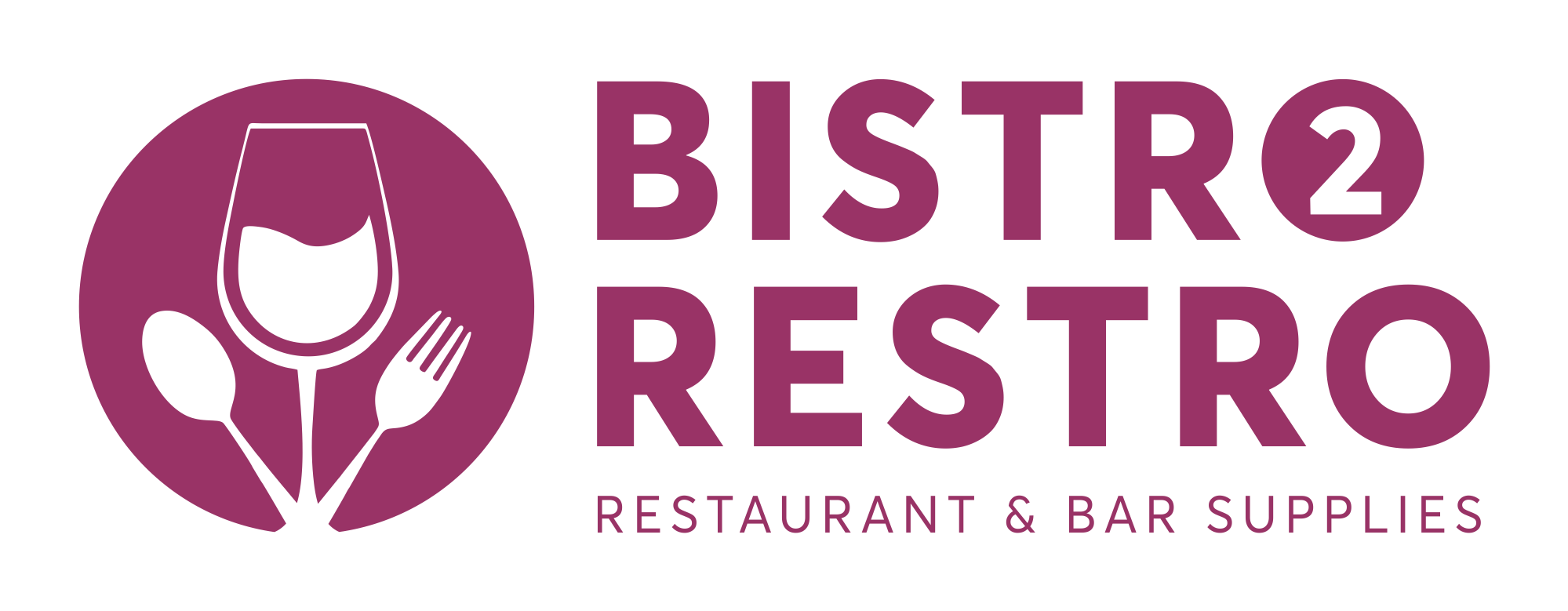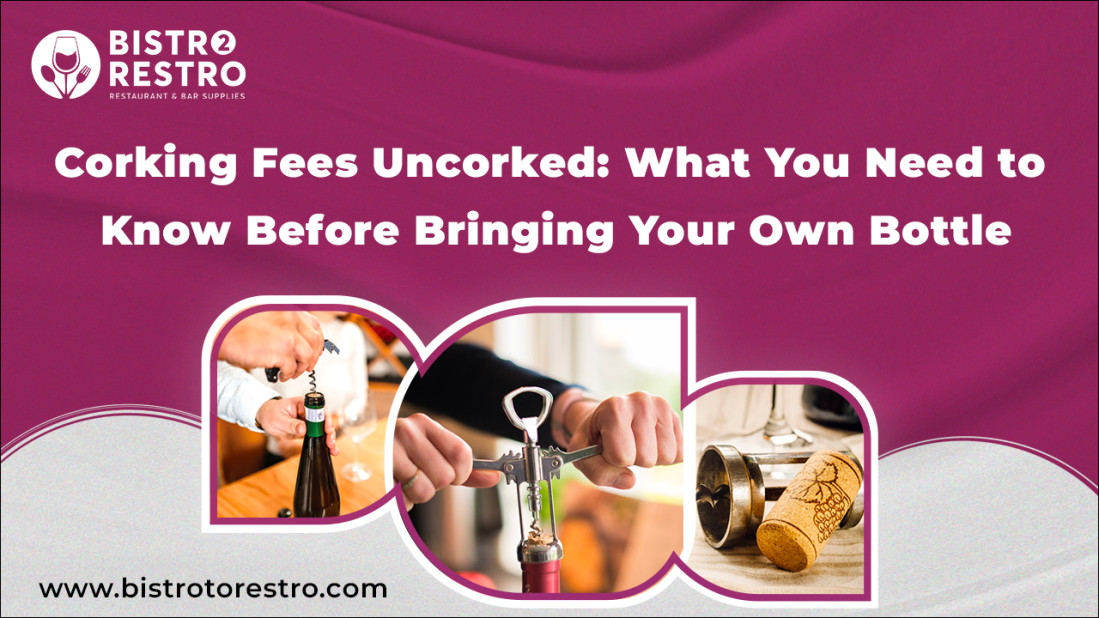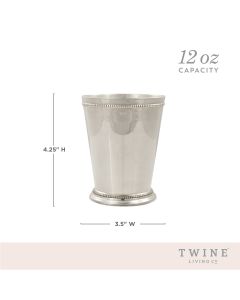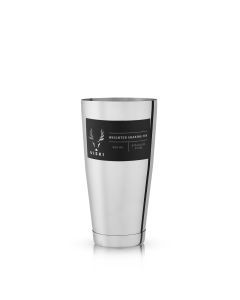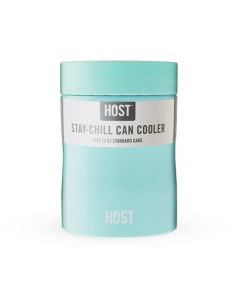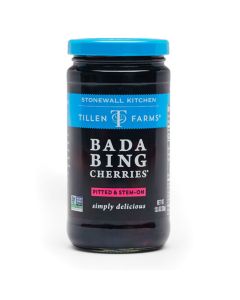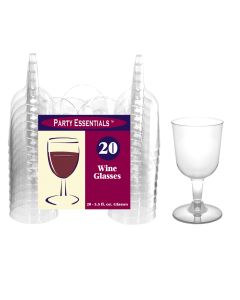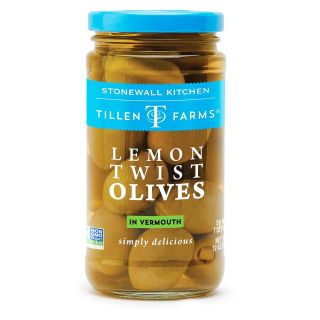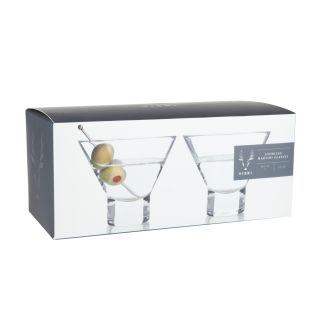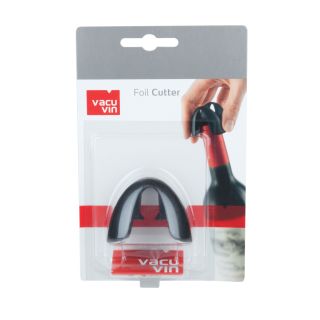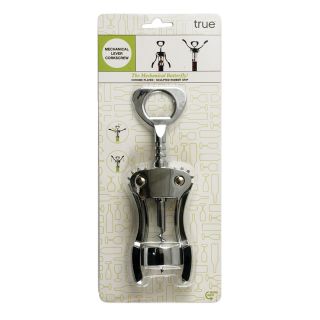When you're going out for dinner, celebrating with friends, or visiting a nice restaurant, you might wonder if you can take your own bottle of wine. Many restaurants do charge a corking fee for this. This fee helps cover the cost of serving and using glassware, but it can differ a lot from one place to another. If you want to bring your favorite wine for a special occasion, it's good to understand corking fees to prevent any surprise costs. In this guide, we will explain what corking fees are, why they are charged, and how to handle them easily.
What Are Corking Fees?
A corking fee, or corkage fee, is a charge that restaurants or venues impose when a customer brings their bottle of wine or liquor. This fee helps cover the costs of services like opening the bottle, pouring the drink, and sometimes providing glassware. It essentially makes up for the money the restaurant misses out on by not selling its drinks.
At BistroToRestro, we offer a curated collection of premium wine accessories to elevate your wine experience. Explore a wide range of essentials, including elegant wine decanters, stylish corkscrews, durable wine glasses, and sophisticated wine stoppers. Whether you're a connoisseur or just starting your wine journey, our accessories add the perfect touch to your collection.
Why Do Restaurants Charge Corking Fees?
Restaurants impose corking fees to pay for the service costs which include pouring wine and supplying glassware. The fee enables restaurants to recover financial losses from not selling their alcoholic beverages. The fee enables restaurants to stay profitable by allowing guests to bring their bottles.
Reasons to Charge a Corking Fee at Your Restaurant
Compensates for Lost Alcohol Sales: The restaurant loses potential wine and liquor sales when customers bring their bottles. A corking fee helps the business maintain profitability by compensating for lost revenue from customers who bring their bottles.
Covers Service and Labor Costs: The process of opening and pouring wine together with serving it to customers demands staff resources and labor. The corking fee exists to compensate staff members for their service work.
Maintains Profitability: Restaurants can increase their alcohol revenue loss through corking fees which provide customers with a valuable service. This setup helps maintain its profits through this fee structure.
Supports Quality Glassware and Equipment: The service of wine depends on suitable glassware that needs cleaning, maintenance, and eventual replacement. The fees used for corking help cover the expenses needed to maintain high-quality glasses and equipment that enhance the guest experience.
Encourages Wine Pairing with Food: The corking fee encourages customers to try wines from the restaurant's curated selection which matches perfectly with the menu. The practice delivers advantages to both restaurant staff and customers through improved dining quality.
Helps Cover Storage and Handling Costs: Restaurants need to manage customer-brought bottles before serving them, The corking fee covers expenses related to bottle storage and management time as well as the space required for proper bottle handling.
Also read on: Beyond The Bottle: Discover 2025's Most Exciting Wine Trends for Commercial Bars
Common Corkage Fee Policies
Restaurants impose corkage fees on guests who bring alcohol beyond what they serve as part of the dining experience. Restaurant patrons usually bring either wine or spirits for their meal. Restaurants apply corkage fees to pay for service costs and glassware expenses while compensating for lost revenue from their own beverage menu. The fees restaurants charge for outside alcohol depend on multiple factors including venue type and location.
Average Range of Fees: The cost to open a bottle at a restaurant typically falls between $10 and $50. The fees at casual dining restaurants tend to be lower but fine dining establishments along with restaurants that feature extensive wine lists typically charge higher corkage fees. The corkage fee can reach elevated levels when patrons introduce rare or premium alcohol to the establishment.
Fee Structure: Restaurants implement two different corkage fee policies either by charging a set amount per bottle or by using a tiered pricing structure or offering unlimited bottles for a flat rate. The adaptable fee structures help groups to enjoy shared bottles without paying unreasonable service fees.
Factors Influencing Fees: The fee structure depends on what type of alcohol customers bring into the restaurant including wine champagne and spirits. Restaurants which either operate with limited liquor licenses or depend significantly on alcohol income might impose higher cost rates for allowing BYOB options. Restaurants tend to raise their corkage fees during weekends and peak holiday periods because of elevated customer demand.
Fee Waivers: Restaurants may choose to eliminate corkage fees when guests organize events like birthdays or anniversaries or when booking groups. Certain venues waive their corkage fees when customers purchase meals that meet specific value requirements. This allows guests to enjoy their own wine without paying excessive costs.
How to Handle Corkage Fees with Etiquette
Usages of corkage fees should be handled properly to create a positive restaurant experience alongside showing respect for their operational policies. The following useful guidelines will help you handle corkage fees correctly:
Call Ahead: Contacting the restaurant in advance either before booking or upon arrival remains the best practice to learn about their corkage policy. The policy enables you to understand all charges and limitations regarding personal alcohol before you decide to bring it. You should check with the venue first to see if they impose any restrictions regarding which alcohol types people can bring because certain establishments have particular beverage limitations.
Be Prepared to Pay: Restaurants charge corkage fees for serving personal wine or spirits so you should be ready to pay this fee. Restaurants charge a standard fee to open and serve your bottle which contributes to their revenue structure. Knowing the exact amount in advance will prevent uncomfortable situations while checking out.
Tip Generously: The absence of gratuity in corkage fees makes it proper to provide additional tips to staff members who handle your outside alcohol because they perform additional service tasks. The practice of giving higher tips shows your acknowledgment of the extended duties employees must perform to open bottle service and pour and serve your beverage.
Respect the Policy: Restaurants enforce restrictions on outside alcohol consumption because of local regulations and personal policies. Show respect to the restaurant's policy against outside alcohol consumption. The restaurant's drink selection remains available to you while you follow their rules to prevent any issues. Your dining experience alongside the staff will become more pleasant when you show consideration to both parties.
How to Find BYOB Restaurants with Low or No Corkage Fees
Visiting BYOB restaurants that do not charge corkage fees or have minimal fees allows you to enjoy your preferred wine at reasonable prices. The following strategies will assist you in finding wallet-friendly BYOB restaurants:
Use Online Tools:The online platforms Yelp and OpenTable and specialized BYOB directories provide restaurant listings which contain information about corkage fees and policies. Online tools enable users to search restaurants by particular standards which include both corkage fee information and BYOB permission
Local Recommendations: Word of mouth functions as a strong instrument. Reach out to your dining companions to find out which restaurants allow you to bring your own alcohol. Local food forums together with community groups often share excellent recommendations because independent restaurants often reduce their corkage fees to draw in more customers.
Look for Special Nights: Restaurants organize special events where they reduce or eliminate their corkage fee policy. Customers enjoy "Wine Wednesdays" and "BYOB Nights" on specified days because these events remove or decrease the corkage fee to lower the cost of bringing their own wine.
Inquire Directly: Before visiting a restaurant check their corkage policy by contacting them before your reservation. The best approach is to ask in advance to avoid surprises during your arrival. Restaurants typically provide information about current promotional offers and reduced fees to their customers.
Check out: From Energy to Immunity: How Functional Beverages Are Transforming US Lifestyles
Restaurants throughout the industry commonly charge corking fees which appear as an additional expense to customers. You can have a pleasant dining experience by learning about corking fees and their costs and procedures.
Check the corking policy at the restaurant before bringing your bottle and follow their rules while tipping appropriately for the received service. A small amount of preparation will enable you to have an enjoyable dining experience that stays affordable while you enjoy your favorite bottle.
Restaurants use corking fees to maintain their service expenses while allowing you to enjoy your bottle. By following these guidelines you will be prepared to open the ideal bottle whenever you need it.
FAQs
How much do you fill a wine bottle before corking?
Fill the bottle until approximately 2.5-3cm (~1in) from where the cork will sit. There are a myriad of different corkers available so follow your corkers' instructions.
How do you keep corks clean?
Use a damp cloth for periodic cleaning. Do not use spirits, bleaches or any other chemical cleaners to clean the cork. Please ensure that direct contact with hot objects is avoided. Avoid spillages and do not use any corrosive products such as bleach anywhere near the cork.
Are corks reusable?
No, you just might ruin your wine by re-using corks. Corks are challenged already as they are a plug of natural tree bark, full of microbes that are impossible to sterilize away nooks, and crannies within which microbes like to hide.
Why are corks so expensive?
Cork is hard to get because it is a natural material that is only found in certain parts of the world. It is also difficult to harvest and process.
